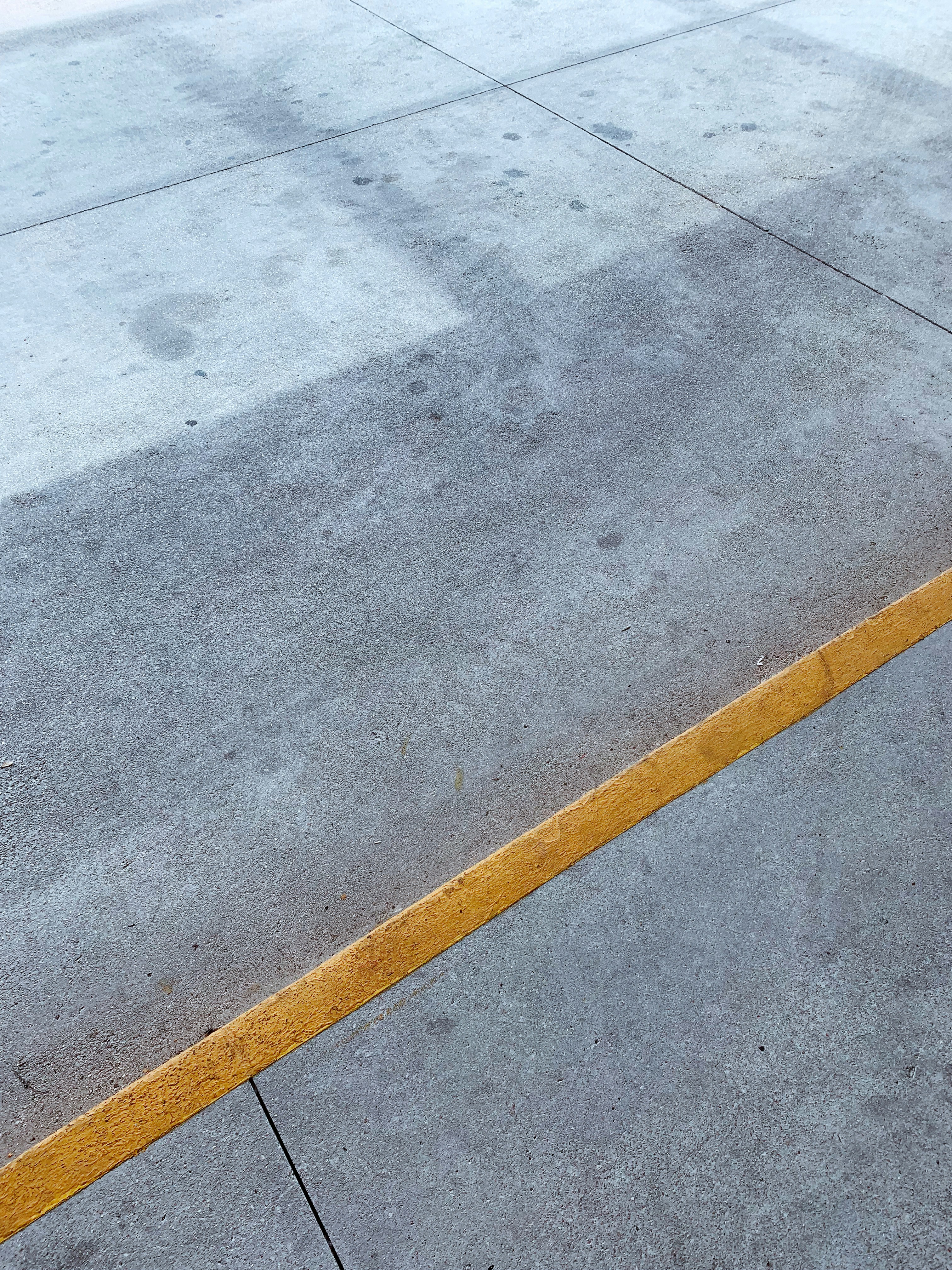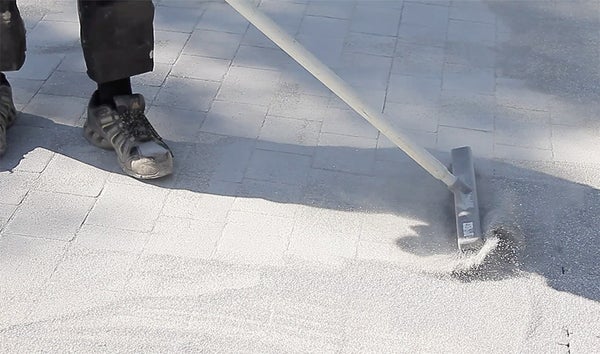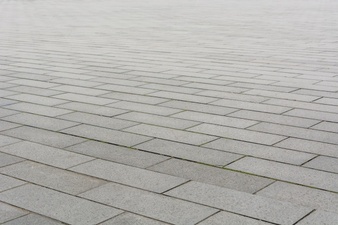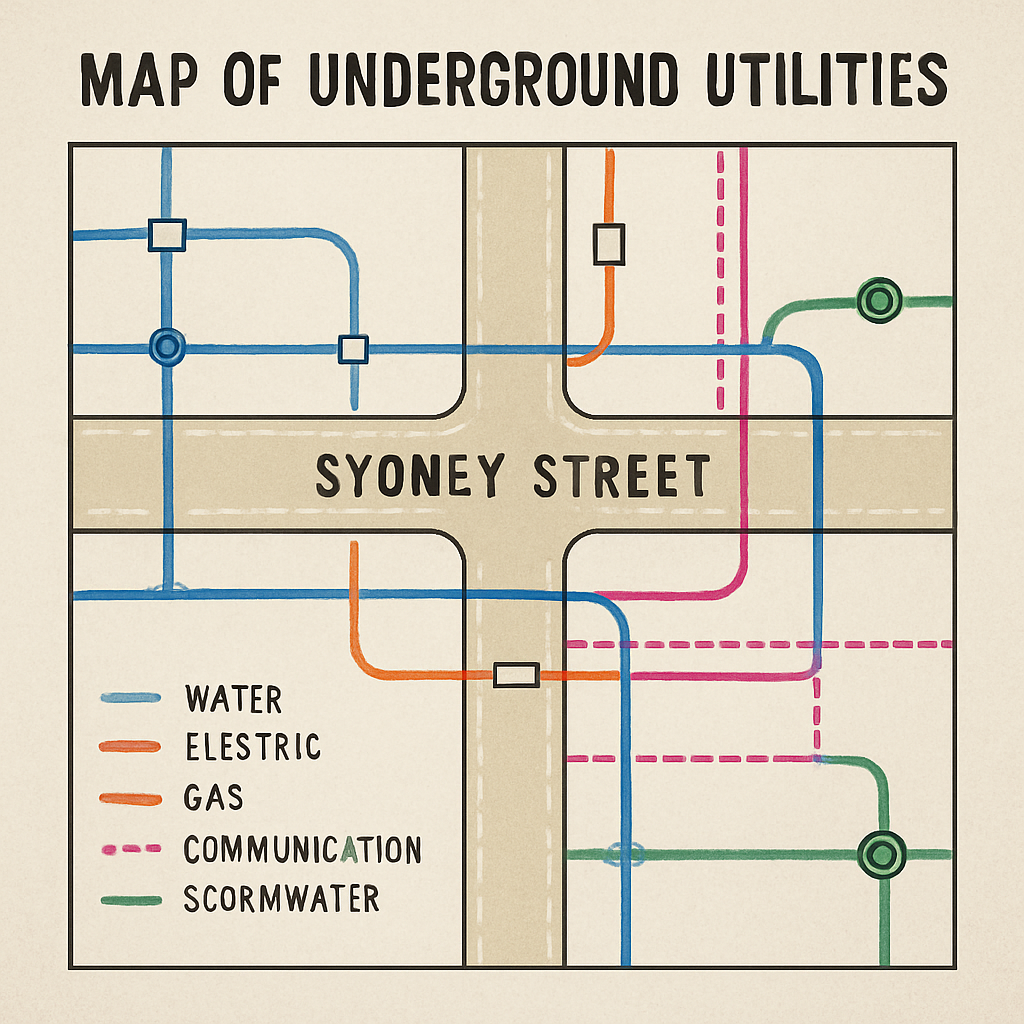When it comes to paving, the choice of material can greatly impact the final result.
Concrete and stone pavers are two popular options. Each offers unique benefits and drawbacks.
Concrete pavers are often praised for their cost-effectiveness and versatility. They come in a variety of shapes, sizes, and colors, allowing for a high degree of customization.
On the other hand, stone pavers are known for their durability and natural beauty. Each piece is unique, adding a touch of luxury to any outdoor space.
In this article, we will delve into the concrete pavers vs stone pavers debate. We aim to provide you with the information needed to make an informed decision for your paving project.
Whether you’re a homeowner, a landscape designer, or a contractor, this comparison will prove useful in your decision-making process.

Understanding Pavers: Definitions and Differences
Pavers are hard blocks used to create flat, outdoor surfaces. They are commonly used in landscaping for patios, driveways, and walkways.
Concrete pavers are made from a mixture of cement, sand, gravel, and water. They are manufactured in specific shapes and sizes, offering uniformity. Stone pavers, on the other hand, are natural stones like granite, limestone, or slate. They are quarried and cut into shapes, resulting in a more varied and unique appearance.
Cost Comparison: Concrete vs Stone Pavers
When it comes to cost, concrete pavers generally come out on top. They are more cost-effective due to their manufacturing process. This makes them a popular choice for homeowners on a budget.
Stone pavers, however, are typically more expensive. The cost is higher due to the quarrying, cutting, and often hand-selection process. Despite the higher upfront cost, many homeowners find the unique and natural look of stone pavers to be worth the investment.
Here’s a quick cost comparison:
- Concrete pavers: Typically range from $3 to $10 per square foot.
- Stone pavers: Can range from $10 to $50 per square foot, depending on the type of stone.

Durability and Longevity: Which Pavers Stand the Test of Time?
In terms of durability, stone pavers often have the upper hand. They are naturally hard and can withstand heavy loads and harsh weather conditions. This makes them a great choice for driveways and other high-traffic areas.
Concrete pavers, while not as hard as stone, are still quite durable. They are manufactured to tight specifications, ensuring uniformity and strength. However, they can be susceptible to cracking in freeze-thaw cycles and may fade over time due to UV exposure.
Here are some key points to consider:
- Stone pavers: Highly durable, can last for decades, less likely to crack, maintain natural color.
- Concrete pavers: Durable, susceptible to cracking in freeze-thaw cycles, can fade over time.
Installation and Maintenance: Ease vs Effort
Installation and maintenance are key factors to consider when choosing between concrete and stone pavers. Concrete pavers are generally easier to install. They are manufactured to tight specifications, ensuring uniformity. This makes them a popular choice for DIY projects.
Stone pavers, on the other hand, require a more skilled installation process. They can vary in size and thickness, which can add to their charm but also makes installation more complex.
Maintenance for both types involves regular cleaning. Concrete pavers may require a protective sealant to maintain their appearance and prevent fading. Stone pavers may need cleaning to prevent moss and algae growth. Here’s a quick comparison:
- Concrete Pavers:
- Easier installation
- Regular sealing and cleaning
- Stone Pavers:
- Skilled installation
- Regular cleaning
Environmental Impact: Sustainability of Paving Materials
The environmental impact of your choice between concrete and stone pavers is another important consideration. Concrete pavers can be eco-friendly if made from recycled materials. They can also be made from local materials, reducing transportation emissions. At the end of their life cycle, concrete pavers can be recycled.
Stone pavers, on the other hand, have a lower carbon footprint as they are quarried and cut. However, the environmental impact of quarrying should be considered. Some regions have local stone options, which can be more sustainable and cost-effective.
Learn about popular Australian Pavers Here >>
Resale Value and ROI: Does Paver Choice Affect Property Value?
The type of pavers you choose can also impact the resale value of your property. Stone pavers can increase the resale value due to their premium look and timeless appeal. They can offer a better return on investment in the long term.
On the other hand, concrete pavers, with their uniformity and versatility, can also add value to a property. However, the return on investment may not be as high as with stone pavers.
Conclusion: Making the Right Choice for Your Project
In conclusion, the choice between concrete and stone pavers depends on various factors. These include your budget, design preferences, maintenance willingness, and long-term plans. Both options have their strengths and weaknesses. Therefore, understanding these can help you make an informed decision that best suits your project’s needs.




